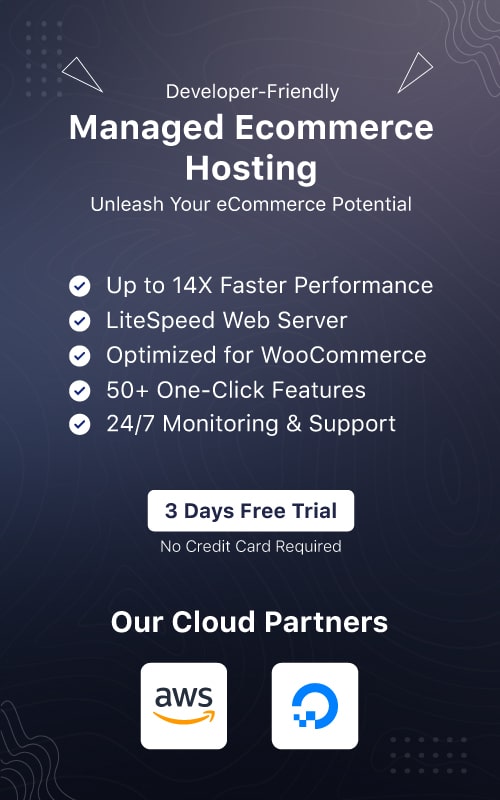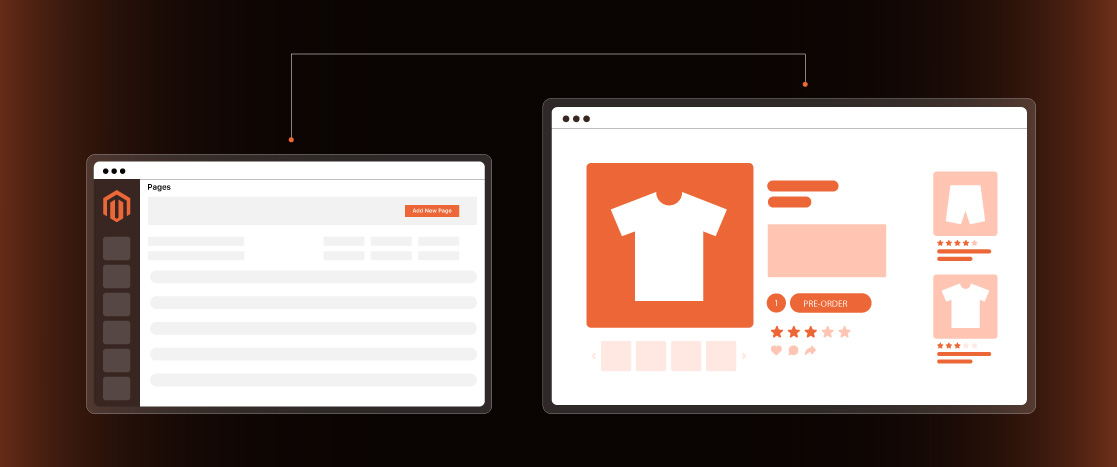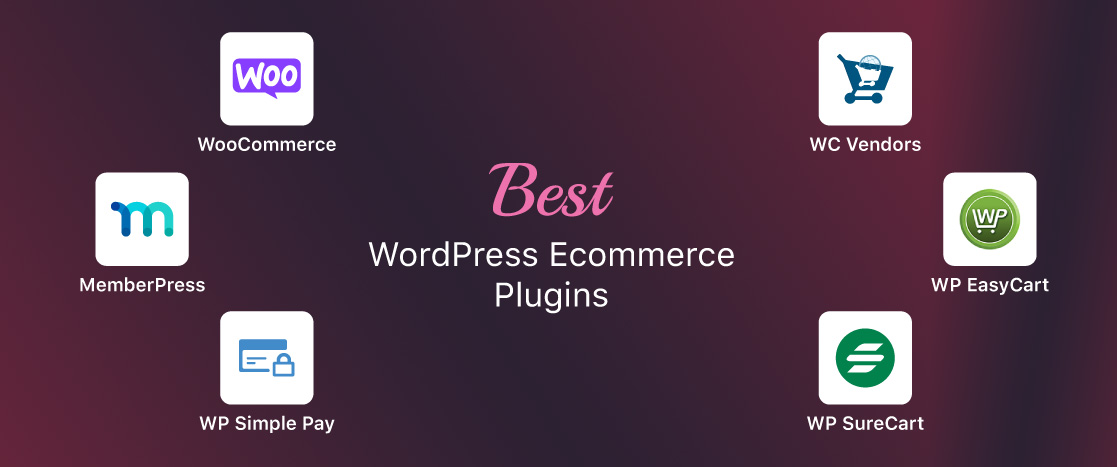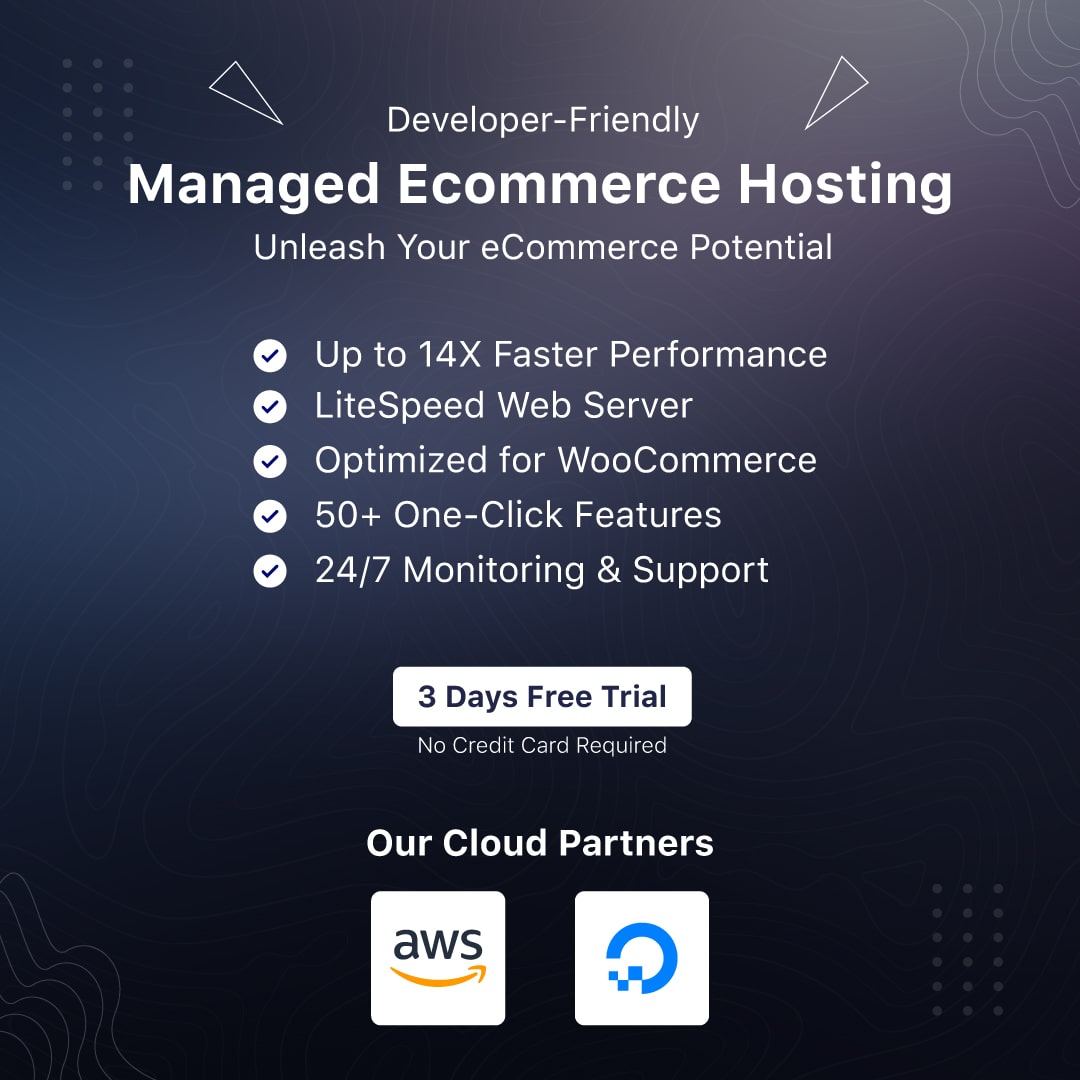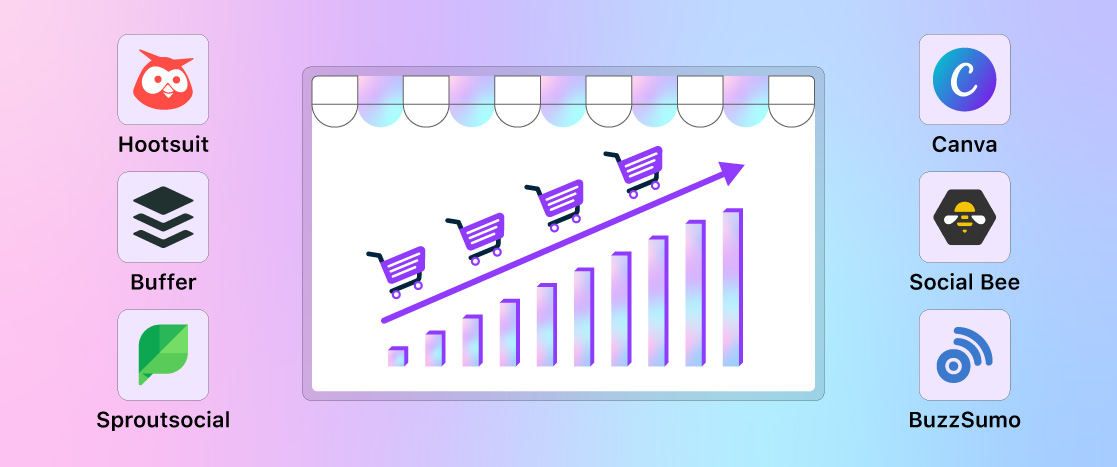
Best Social Media Tools For Ecommerce Business Growth
Social media is an essential resource for e-commerce companies in the fast-paced digital world. These tools are necessary for companies to succeed in a competitive atmosphere since they are made to monitor, evaluate, and maximize social media activity. With features including post-scheduling and thorough analytics, these tools help businesses create social media strategies that work and improve client engagement.
The use of social media platforms for marketing, sales, and customer service has just accelerated as e-commerce continues to expand. This is one of the top 8 social media tools for e-commerce businesses, prioritizing their capabilities, advantages, and practical uses.
Understanding Social Media Tools and Their Benefits in Ecommerce
Ecommerce social media platforms are innovative. tools that help you manage your online presence more effectively, quickly, and simply. They eliminate the risk of not reaching the right audience, from planning posts and monitoring engagement to assessing campaign effectiveness.
The most effective social media for eCommerce creates authentic connections with your clients and drives traffic. These tools make it simple to track audience interests, conduct specific marketing campaigns, and convert followers into devoted customers. Additionally, automated repetitive tasks can help you remain ahead of your rivals and save time while you build your brand.
With the correct social media tools, you can improve visibility, sales, and relationships over time, regardless of the size of your business. After all, an effective social media plan represents a successful business.

Benefits Of Using Social Media Tools For Ecommerce
Social media tools assist companies in improving and managing their online presence. Social listening, performance analytics, content scheduling, and customer relationship management (CRM) are just a few of its numerous features. These technologies are vital for businesses, especially those in the e-commerce sector, as they simplify the management of multiple social media profiles and ensure uniformity and efficacy.
Social media technologies with strong analytics capabilities give organizations important insights into consumer trends, behavior, and preferences, allowing them to optimize their strategies. To free up teams’ time for higher-value activities, these technologies also handle costly tasks like scheduling articles, replying to messages, and monitoring campaign results.
By using consumer data to provide customized content, promotions, and advertisements, these tools also make targeted advertising possible. This individualized approach fosters brand loyalty and improves client happiness.
In addition to increasing product awareness, social media tools for eCommerce provide direct sales possibilities through social selling features and build deep connections that turn followers into customers, propelling long-term growth.
| S. No. | Names | Pricing | Best For | Free Version |
| 1 | Hootsuite | Starts at $99/month | Large-scale social media management, team collaboration, scheduling, and analytics | Yes, but limited features |
| 2 | Buffer | Starts at $6/month per channel | Small businesses, startups, and scheduling posts across multiple platforms | Yes, with limited scheduling |
| 3 | Sprout Social | Starts at $249/month | Enterprise-level analytics, social listening, and advanced reporting | No, but offers a free trial |
| 4 | Canva | Free; Pro starts at $12.99/month | Designing social media graphics, videos, and branded content | Yes, with limited templates and features |
| 5 | SocialBee | Starts at $29/month | Automated scheduling, content recycling, and category-based posting | No, but offers a 14-day free trial |
| 6 | BuzzSumo | Starts at $199/month | Content research, trend analysis, and influencer identification | Yes, but limited searches per month |
The Best Social Media Tools for Producing and Creating Unique Content
Good, engaging content is the basis of any effective social media marketing effort. Sharing content on social media sites like Facebook, Instagram, and others allows you to engage with your audience, build your business, and make an impact. It’s not just about filling your feed. However, where do you begin if you’re unsure how to locate or provide the appropriate information?
Don’t worry! It’s easier than ever to create and edit content that has an impact when you have the appropriate social media tools. These tools assist you in finding popular subjects, creating visually appealing material, and maintaining the relevance and freshness of your writing. The following resources will make it easy to produce scroll-stopping posts that convert followers into devoted clients, regardless of your experience level.
Hootsuite
Hootsuite is one of the most popular and comprehensive social media management tools available today. It provides a robust platform for scheduling posts, monitoring social media activity, and analyzing performance across various social media channels. For e-commerce businesses, Hootsuite’s ability to manage multiple social media accounts from a single dashboard is invaluable. It allows businesses to plan and schedule posts in advance, ensuring a consistent and cohesive social media presence.
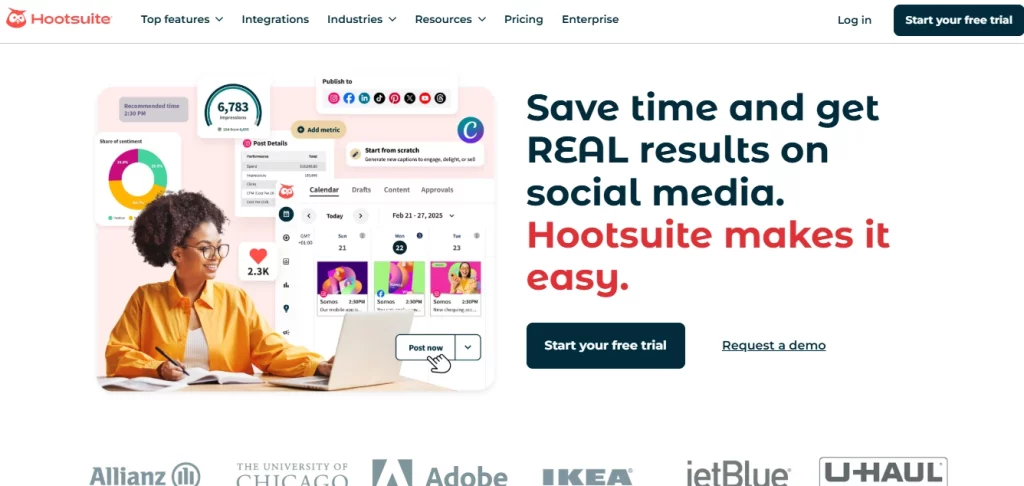
One of the standout features of Hootsuite is its social listening and monitoring capabilities. These features enable businesses to track mentions of their brand, products, or relevant keywords across social media platforms. By monitoring these conversations, ecommerce businesses can engage with their audience more effectively, addressing customer inquiries or concerns in real-time. Additionally, Hootsuite’s analytics and reporting tools provide detailed insights into the performance of social media campaigns, helping businesses refine their strategies for better results.
Buffer
Buffer is another highly regarded social media management tool known for its simplicity and user-friendly interface. It is particularly effective for scheduling posts and planning content across multiple social media platforms. Buffer’s intuitive design makes it easy for e-commerce businesses to organize their content calendar, ensuring that posts are scheduled at optimal times to reach the target audience.
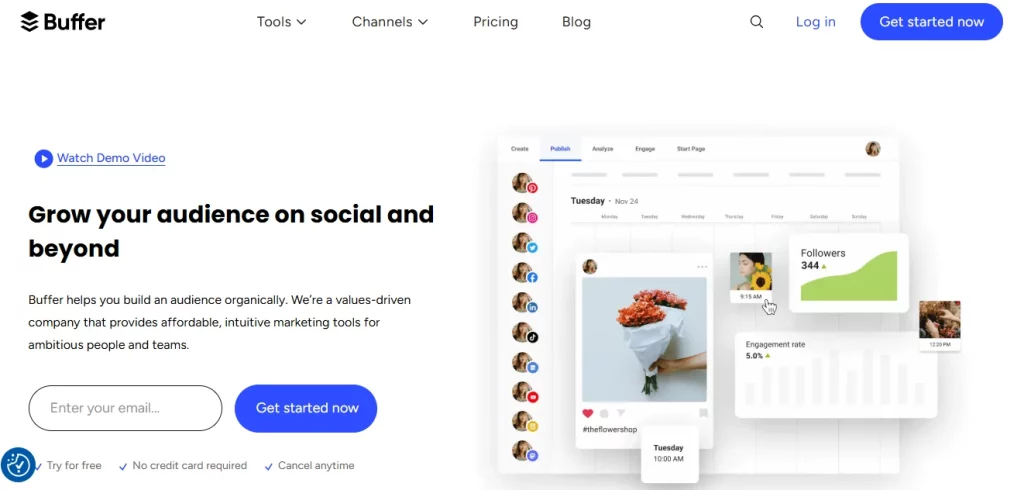
One of Buffer’s key features is its content planning capabilities, which allow users to queue posts and maintain a consistent posting schedule. This is especially important for e-commerce businesses that need to maintain an active presence on social media to engage with customers and promote products. Buffer also offers analytics tools that provide insights into post-performance, allowing businesses to track engagement metrics such as likes, shares, and comments. These insights help businesses understand what type of content resonates with their audience, enabling them to fine-tune their social media strategy.
Buffer’s impact on e-commerce is evident in its ability to streamline the content creation and scheduling process. By automating these tasks, businesses can focus more on creating high-quality content that drives engagement and conversions. Several e-commerce brands have used Buffer to enhance their social media strategy, resulting in improved brand awareness and customer loyalty.
Sprout Social
Sprout Social is an all-in-one social media management platform that offers a comprehensive suite of tools for scheduling, publishing, and analyzing social media content. What sets Sprout Social apart from other tools is its robust CRM features, which allow businesses to manage customer relationships more effectively. For ecommerce businesses, this is particularly valuable as it enables them to provide personalized customer service and build stronger relationships with their audience.
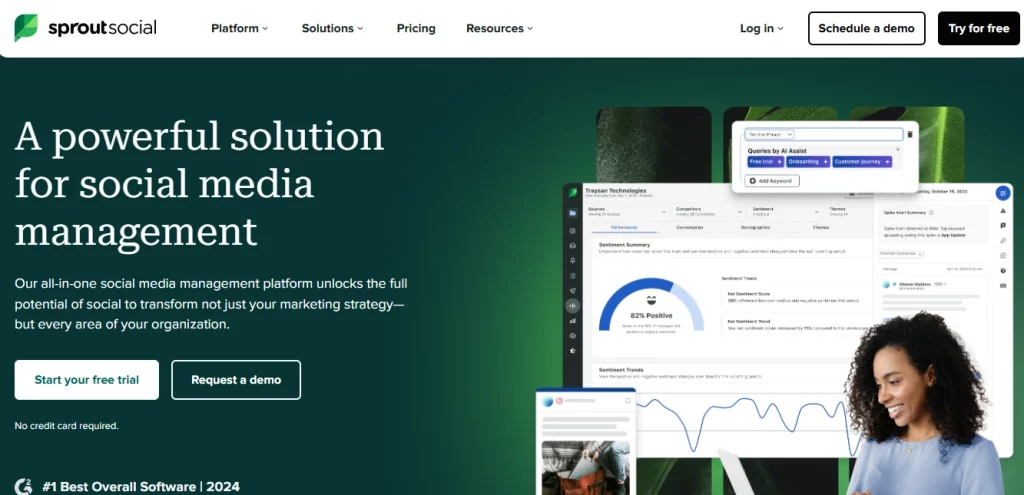
Sprout Social’s CRM tools allow businesses to track customer interactions across different social media platforms, providing a unified view of each customer’s engagement history. This information is crucial for delivering personalized responses and resolving customer issues promptly. Additionally, Sprout Social’s analytics tools provide detailed reports on social media performance, helping businesses identify trends and optimize their content strategy.
The benefits of Sprout Social for ecommerce are clear. Its CRM features help businesses enhance customer engagement by providing timely and personalized responses. This not only improves customer satisfaction but also fosters brand loyalty. Several ecommerce companies have successfully used Sprout Social to manage their social media presence and customer relationships, leading to increased sales and customer retention.
Canva
In the world of social media, visual content is king. Canva is a powerful graphic design tool that allows businesses to create stunning visual content for their social media channels. For ecommerce businesses, Canva is an invaluable tool for designing eye-catching posts, banners, and ads that capture the attention of potential customers.

Canva’s user-friendly drag-and-drop interface makes it easy for anyone, regardless of design experience, to create professional-looking visuals. The platform offers a wide range of templates specifically designed for social media, including options for Instagram posts, Facebook banners, and Pinterest pins. This allows ecommerce businesses to quickly create visually appealing content that aligns with their brand identity.
One of the main benefits of using Canva is the ability to create high-quality visual content without the need for a professional designer. This is particularly advantageous for small e-commerce businesses that may not have the resources to hire a full-time designer. Canva’s extensive library of templates, fonts, and images also ensures that businesses can maintain a consistent visual style across all their social media channels. Many e-commerce brands have used Canva to create engaging social media content, leading to increased brand visibility and customer engagement.
SocialBee
SocialBee is a social media scheduling tool that stands out for its content categorization feature. This feature allows businesses to categorize their content into different types, such as promotional posts, blog posts, or user-generated content. For e-commerce businesses, this is particularly useful for maintaining a diverse and balanced social media presence.
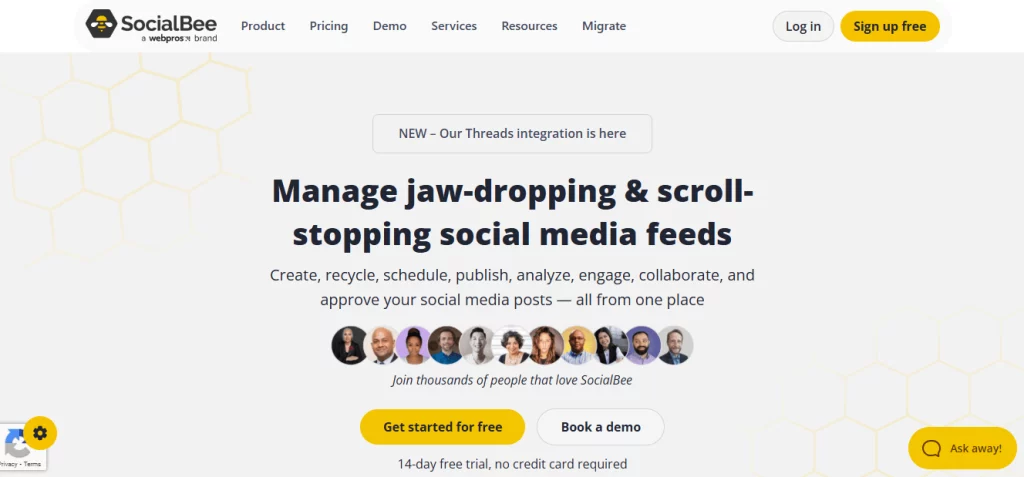
SocialBee’s content categorization helps businesses plan their content strategy more effectively by ensuring that a variety of content types are posted regularly. This prevents the social media feed from becoming monotonous and keeps the audience engaged. In addition to content categorization, SocialBee also offers robust scheduling and analytics tools, allowing businesses to optimize their posting schedule and track performance metrics.
The benefits of SocialBee for e-commerce are clear. By categorizing content, businesses can ensure that they are consistently posting a mix of promotional and engaging content, which helps to build a loyal following. SocialBee’s analytics tools also provide valuable insights into the effectiveness of different content types, enabling businesses to refine their social media strategy over time. Several e-commerce brands have leveraged SocialBee’s content categorization features to create a more dynamic and engaging social media presence, resulting in increased brand awareness and customer loyalty.
BuzzSumo
BuzzSumo is a content research and analysis tool that helps businesses discover trending topics, popular content, and influential figures within their industry. For e-commerce businesses, BuzzSumo is invaluable for developing a content strategy that resonates with their target audience.

One of BuzzSumo’s key features is its ability to identify trending topics and popular content across social media platforms. This allows businesses to stay ahead of industry trends and create content that is more likely to engage their audience. BuzzSumo also offers tools for identifying influencers who can help amplify the reach of a brand’s content.
The benefits of using BuzzSumo for e-commerce are significant. By understanding what type of content is currently resonating with their audience, businesses can create more effective social media campaigns that drive engagement and sales. Additionally, BuzzSumo’s influencer identification tools can help businesses forge valuable partnerships that enhance their social media strategy. Several e-commerce brands have used BuzzSumo to develop a more informed and effective content strategy, resulting in increased brand visibility and customer engagement.
Conclusion
As we move further into 2024, the role of social media tools in e-commerce continues to grow. These tools not only help businesses manage their social media presence more effectively but also provide valuable insights that drive better decision-making. From comprehensive platforms like Hootsuite and Sprout Social to specialized tools like Later and Tailwind, the options available to e-commerce businesses are vast and varied.
The future of social media tools for e-commerce looks promising, with emerging trends such as AI-driven analytics, enhanced automation, and the integration of social commerce features set to shape the landscape. E-commerce businesses that leverage these tools will be better equipped to navigate the ever-evolving social media landscape, ensuring they stay ahead of the competition and continue to thrive in the digital marketplace. By adopting the right social media tools, businesses can create a more effective social media strategy, drive higher engagement, and ultimately, achieve greater success in 2024 and beyond.
FAQs
What is SMO vs SMM?
The main difference between SMO and SMM is that SMO focuses on optimizing your website and content for social media. In contrast, SMM focuses on marketing your brand and offerings on social media. SMO is more passive and long-term, while SMM is more active and short-term.
What social media should I use for e-marketing?
The best social media marketing platforms for business include Facebook, YouTube, Instagram, LinkedIn, Twitter, TikTok, and Snapchat.
